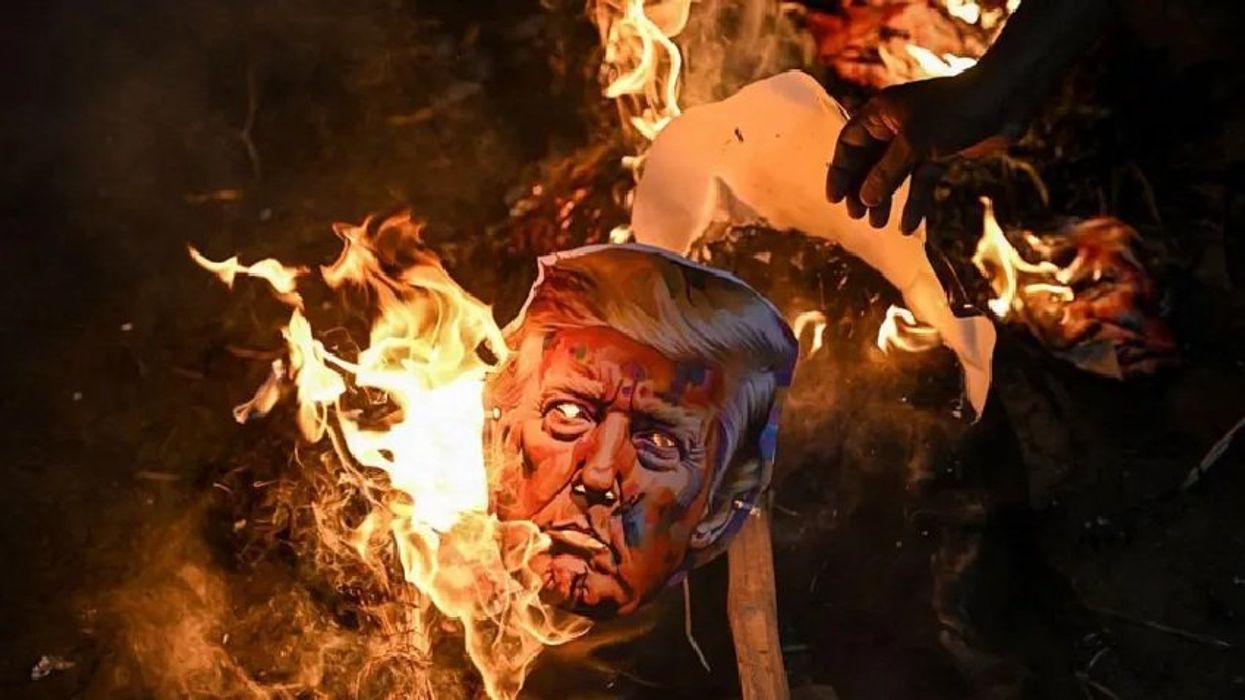The stage for a potential Supreme Court showdown is set after the U.S. Court of Appeals for the Federal Circuit ruled that most of former President Donald Trump's sweeping tariffs were unlawful.
Trump imposed a series of tariffs, citing the International Emergency Economic Powers Act (IEEPA) of 1977 as justification. He declared national emergencies over trade deficits and drug trafficking to impose levies on countries, including China, Canada, Mexico, and nearly all U.S. trading partners.
However, the appeals court found that the IEEPA does not grant the president the authority to impose tariffs, stating:
“The statute neither mentions tariffs (or any of its synonyms) nor has procedural safeguards that contain clear limits on the President’s power to impose tariffs.” — Majority opinion, U.S. Court of Appeals
The court emphasized that the Constitution vests tariff authority in Congress, and any delegation of that power must be explicit and limited.
Trump’s tariff strategy has been framed as economic populism: a blunt-force tool to punish trading partners, protect American jobs, and renegotiate global deals. But the court’s decision makes clear what many economists and legal scholars have long argued: tariffs are not a presidential plaything. They are a core component of Congressional power, and invoking emergency statutes to bypass legislative oversight is not just poor governance—it’s unlawful.
The landmark decision that challenges the legal foundation of Trump’s aggressive trade policy has the President fuming. He condemned the decision, warning of dire consequences if the ruling stands:
“If allowed to stand, this Decision would literally destroy the United States of America.” — Donald Trump, Truth Social
He vowed to appeal, asserting that the Supreme Court would ultimately uphold his authority:
“Now, with the help of the United States Supreme Court, we will use [tariffs] to the benefit of our Nation, and Make America Rich, Strong, and Powerful Again!” — Donald Trump, Truth Social
This is not a partisan squabble. It’s a structural question about how trade policy is made in a democracy. When a president unilaterally imposes taxes on imports—without Congressional approval—it undermines the very system of checks and balances that defines our republic.
Legal experts and former officials have weighed in on the implications:
“While existing trade deals may not automatically unravel, the administration could lose a pillar of its negotiating strategy.” — Ashley Akers, former DOJ trial lawyer
The decision could also lead to financial consequences, including potential refunds of billions in collected tariffs. The Justice Department warned that striking down the tariffs could cause “financial ruin” for the U.S. Treasury.
The court allowed the tariffs to remain in place until October 14, 2025.
Notably, the ruling does not affect tariffs imposed under other laws, such as those on steel and aluminum imports, which are justified by national security concerns.
For small businesses, global partners, and American consumers, this ruling offers a moment of clarity. The uncertainty and volatility caused by erratic tariff policies have real costs—higher prices, disrupted supply chains, and diplomatic strain. Restoring legislative oversight is not only a legal necessity but also an economic imperative.
As the case heads toward a likely showdown in the Supreme Court, the stakes are high. Will the judiciary reaffirm Congress’s role in trade policy, or will it grant the executive branch sweeping powers to tax and retaliate at will?
The answer will shape not just the future of tariffs, but the integrity of American governance.
Hugo Balta is the executive editor of the Fulcrum and the publisher of the Latino News Network.





















